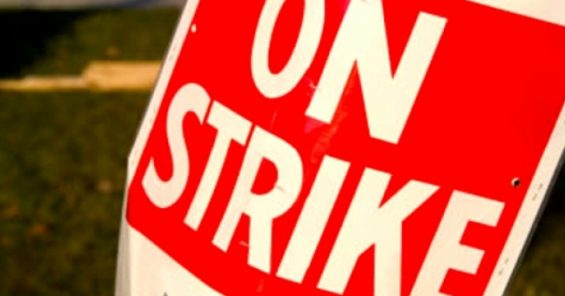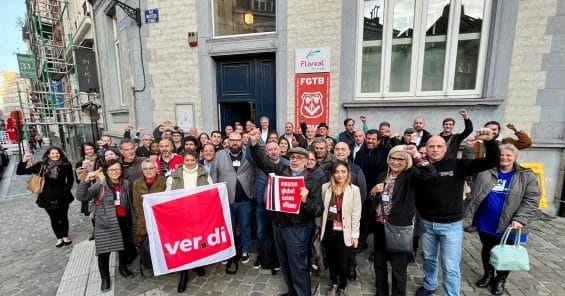UNI stands with South African affiliate SASBO – the finance union representing 73,000 members– in their call for a national shut down of the country’s finance sector on Friday 27 September 2019.
The legally-protected action is in response to a worrying trend of job losses and dismissals in the sector.
Banks are cutting jobs and closing branches at a time when unemployment has reached a decade-high of 29% in the country, and SASBO wants banks to consider options other than layoffs. The union wants banks to implement upskilling and reskilling programmes which will prepare their employees for the future, rather than dismissals.
SASBO general secretary Joe Kokela says: “We are not against digitalisation; it is how they have gone about it. The banks knew all along that digitalisation was coming and none of the banks came forward and gave their people skills for the future. The banks are feeling the pressure from the fintechs and are now rushing to implement digitalisation programmes.”
“It’s corporate greed. If they were serious about saving banks, they would start by cutting high salaries. We are trying to compel the banks to come back to the negotiating table.”
“We’re very worried about the high level of unemployment in South Africa and about the state of the economy,” said Keith Jacobs, Regional Secretary of UNI Africa. “The finance sector has been one of the hardest-hit by digitalization, and we believe that finance workers are not receiving the chances to upskill to prepare for the new world of work.”
SASBO general secretary Joe Kokela continued to urge members to join the planned protests, saying, “SASBO is fundamentally opposed to retrenchments and cannot afford to see even more job losses in this economy. We welcome the support of COSATU and UNI Global Union and will be protesting to ensure that the banks come to their senses.”


